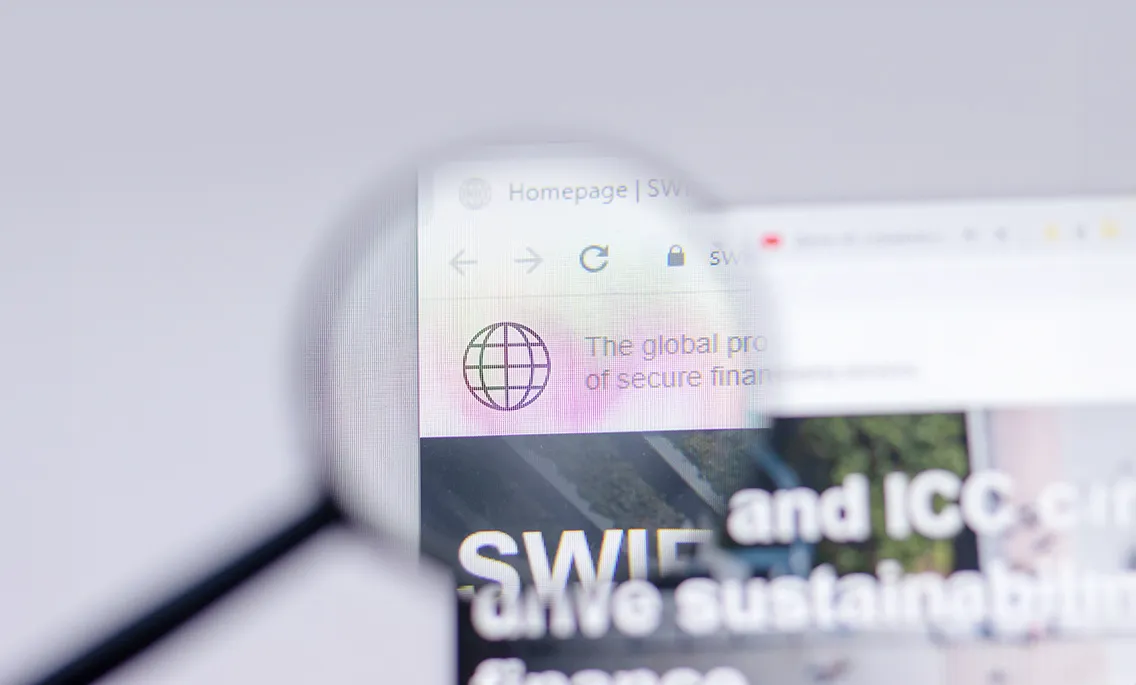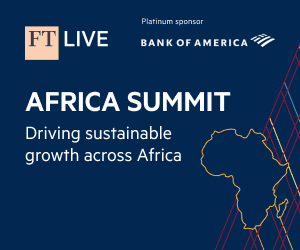
This article is sponsored by Stone X
Cross-border payments have become a critical pillar in the global economy, facilitating trade, investment, and personal remittances across borders. As businesses and individuals increasingly rely on international transactions, the demand for faster, more efficient payment solutions has grown exponentially. The rise of e-commerce, globalisation of supply chains, and the need for real-time payments in an interconnected world have driven a shift in expectations.
The payment industry globally has been in perpetual transition, converging from a wide variety of legacy financial message and data formats to ISO 20022. This common, global, end-to-end messaging standard is streamlining the financial services industry with its highly structured data exchanges, improved message flows and more accurate compliance processes. Because the ISO 20022 financial messages format features richer data elements and more detailed remittance information, it enables better interoperability between FIs, market infrastructures and customers worldwide.
Since its inception in 1973, the Society for Worldwide Interbank Financial Telecommunication, commonly referred to as Swift, has played a critical role in shaping the financial ecosystem, connecting over 11,000 financial institutions in more than 200 countries. Its network has become the global standard for financial messaging, enabling banks, corporates, and market infrastructures to exchange payment instructions and financial information securely and efficiently.
The adoption of ISO 20022 is a cornerstone of Swift’s mission to facilitate instant, frictionless transactions, transforming the payment experience for end-customers. As Martina Luhandjula, regional account manager at Swift, explains, “by adopting a common language that enhances data quality and richness, ISO 20022 provides more detailed payment information and greater transparency, resulting in fewer errors and delays.” This shift not only drives the industry towards greater digitisation but also boosts operational efficiency and improves straight-through processing (STP) rates, benefiting both domestic and cross-border transactions.
One of the key benefits of ISO 20022 is the enhanced data quality and richness it offers. According to Luhandjula, “ISO 20022 allows for the inclusion of detailed and structured information in payment messages, such as invoice numbers, payment terms, and transaction references.” This richer data structure reduces ambiguity in transactions and helps ensure that all necessary details are communicated accurately. For example, when making a payment for an invoice, the ISO 20022 message can include comprehensive details like the invoice number and due date, making it easier for the recipient to reconcile the payment with the correct invoice. This improves the accuracy of financial records and reduces administrative overhead.
Another major advantage of ISO 20022 is the frictionless payment experience it enables through more efficient processing and automation. “The improved data quality and standardisation offered by ISO 20022 support higher automation levels and better integration within payment systems,” says Luhandjula. This leads to greater operational efficiency, with fewer manual interventions and faster transaction processing. Payments are processed more smoothly and quickly, which results in quicker availability of funds and faster confirmation of payments, significantly enhancing the overall customer experience.
ISO 20022 represents a transformative shift in financial messaging, offering a new global standard for data communication that addresses the growing demand for enriched, structured data. According to Sandrine Marionvalle-Jaines, relationship manager (Europe, Middle East and Africa) at StoneX Technology Services, the adoption of this standard is a “game changer” that enhances both interoperability and transparency in domestic and cross-border payments. ISO 20022 provides an opportunity to exchange more granular, detailed data, improving processes such as fraud detection, reconciliation, and automation. This shift reduces manual intervention, speeds up payment processing, and ultimately lowers operating costs.
A key benefit of ISO 20022 is its potential to improve the speed of payments by enhancing automation. Marionvalle-Jaines points out that up to 10% of payments currently require manual intervention due to poor data quality, causing delays and inefficiencies. With ISO 20022, “processing efficiencies will result from increased automation, fewer rejections, and improved reconciliations”, ensuring that transactions are completed faster and with fewer errors. The structured format also makes compliance processes more efficient, allowing for better identification of risks and estimated to reduce false positives in areas like sanctions screening by as much as 25-30% once fully adopted.
In addition to operational improvements, ISO 20022 empowers financial institutions with richer customer insights. The more structured and detailed data helps organisations understand customer behaviour and trends more deeply, enabling them to offer more tailored services. As Marionvalle-Jaines notes, “ISO 20022 will be opening the door to innovation opportunities of a different scale”, as institutions leverage this powerful data to create targeted solutions that meet specific client needs. Though the transition to ISO 20022 requires significant preparation, including system upgrades or translators, the enriched data will unlock numerous benefits, from reducing payment failures to enhancing the overall customer experience.
StoneX is a significant user of Swift, leveraging its tools to facilitate seamless communication with its correspondent banking network, clients, and partners. In 2017, StoneX became the first non-bank member of Swift’s Global Payments Innovation (GPI) initiative, which has since become a key tool for tracking payments. Using the tools available in Swift’s Service Bureau, StoneX supported financial institutions to upgrade their payment architecture and significantly improve tracking capabilities and transparency. “By using our network of correspondent banks in Africa, we inject these efficiencies into the system, ensuring that our clients benefit from faster settlement times and greater visibility into the status of their transactions. This level of service is essential in a region where payment infrastructure can often be less developed,” explains Emily Corfield, head of financial institutions (EMEA) at StoneX.
For over 35 years, StoneX has been a trusted partner for clients making payments into African markets, helping them navigate the complexities of foreign exchange controls and documentation requirements. StoneX has, in the words of Corfield “developed a solution that takes the headache out of cross-border transactions”, ensuring that funds are moved seamlessly and reliably into African jurisdictions. Whether supporting investment projects, commercial ventures, or the growing number of foreign embassies, Corfield says StoneX offers transparency, speed, and efficiency.
Ultimately, however, it is customers who stand to benefit the most from ISO 20022 and Rajendra Mhalsekar, chief technology officer, wholesale at Access Bank Plc believes this will be the case with its full implementation. Access Bank is one of Stone X’s key partners on the continent and is in collaboration on an infrastructure enhancement project with real-time replication. The bank currently supports MT and MX ISO messaging and is looking at how to utilise the “richer data provided by ISO formats to further enhance our operations”, according to Rajendra.
The implementation of ISO 20022 is a key part of the bank’s growth strategy, Rajendra says, and it moved early to integrate it into its operations, forming a dedicated project team to focus solely on this initiative. The team’s mission was to ensure a smooth transition to the new standard, helping the bank stay ahead of customer expectations. “We understood that the shift to ISO 20022 wasn’t just about compliance – it’s about setting the stage for our future in a rapidly evolving financial landscape,” says Rajendra.
Collaboration with tech-focused
organisations like StoneX to leverage advanced tools and technology is integral to the bank’s strategy. “It allows us to maximise the use of cutting-edge technology, delivering superior customer service and staying ahead of the competition,” Rajendra explains. With the rise of digital payments and customers’ increasing desire for speed and reliability, partnerships like this and the application of cutting-edge tools such as Swift GPI offer banks a way to meet customer expectations.
While Rajendra concedes that the fragmentation in adoption by various financial institutions poses a challenge, he believes that full implementation will bring several benefits to banks and customers. With faster processing and less manual interventions, customers will experience faster transactions, personalised services and lower costs. “From a regulatory standpoint, having access to more structured data will enable banks to meet compliance requirements more effectively, providing mandated evidence with greater ease,” Rajendra adds.
As African economies become more integrated into the global economy and with each other, electronic payments and the improvements promised by ISO 20022 will become even more critical. “We’re simplifying how financial institutions deliver Swift’s benefits to end customers and introducing new connectivity options through APIs and cloud technologies. Additionally, we’re innovating in interoperability, leveraging AI, CBDCs, and digital assets, and ensuring seamless integration across global networks and technologies,”
Luhandjula signals. This will be good news for financial institutions and their customers, as Rajendra indicates. “Speed and reliability are top priorities for many customers, and technology will enable us to improve these aspects,” he notes.












Comments